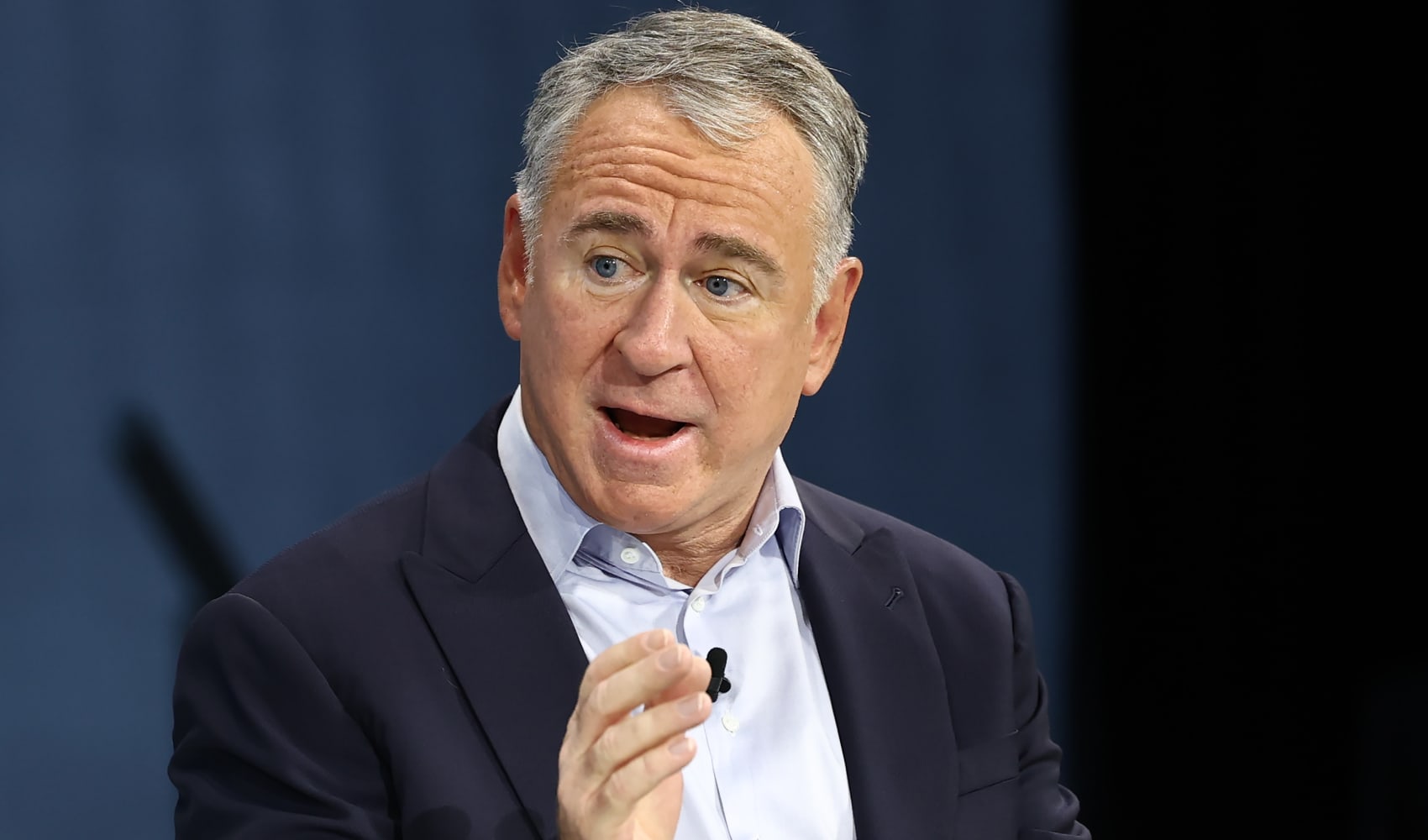
- Bristol Myers Squibb reported third-quarter earnings and revenue that blew past expectations on strong sales from its blood thinner Eliquis and a portfolio of drugs it expects to deliver long-term growth.
- The pharmaceutical giant also raised its full-year revenue and adjusted earnings forecast.
- The results come as Bristol Myers moves to slash $1.5 billion in costs by the end of 2025 and funnel that money into key drug brands and research and development programs.
Bristol Myers Squibb on Thursday reported third-quarter earnings and revenue that blew past Wall Street's expectations thanks to its blockbuster blood thinner Eliquis and a portfolio of drugs it expects to deliver long-term growth.
WATCH ANYTIME FOR FREE
>Stream NBC10 Boston news for free, 24/7, wherever you are. |
The pharmaceutical giant also raised its full-year revenue guidance for the year, expecting sales to increase by around 5%. Bristol Myers previously said it projected sales to rise in the "upper end" of the low single-digit range.
The company also raised its 2024 adjusted earnings guidance to 75 cents to 95 cents per share, up from a previous forecast of 60 cents to 90 cents per share.
Get updates on what's happening in Boston to your inbox. Sign up for our >News Headlines newsletter.
The results come as Bristol Myers moves to cut $1.5 billion in costs by the end of 2025 and funnel that money into key drug brands and research and development programs. The company in April said that will involve laying off more than 2,000 employees, culling some drug programs and consolidating its sites, among other efforts.
Shares of the company rose more than 4% on Thursday.
Here is what Bristol Myers reported for the third quarter compared with what Wall Street was expecting, based on a survey of analysts by LSEG:
- Earnings per share: $1.80 adjusted vs. $1.49 expected
- Revenue: $11.89 billion vs. $11.28 billion expected
Bristol Myers posted net income of $1.21 billion, or 60 cents per share, for the third quarter. That compares with net income of $1.93 billion, or 93 cents per share, for the year-earlier period.
Money Report
Excluding certain items, it reported adjusted earnings per share of $1.80 for the quarter.
The pharmaceutical giant's revenue rose 8% from the same period a year ago to $11.89 billion.
The increase came from Eliquis and the company's so-called Growth Portfolio of drugs, which includes a cancer drug called Opdivo. But revenue was partially offset by leukemia treatment Sprycel, which is facing generic competition due to its loss of exclusivity.
The company is preparing to offset the loss in revenue from top-selling treatments slated to lose exclusivity on the market, including Eliquis, Opdivo and Revlimid, a blood cancer treatment.
Sales of Eliquis could also take a hit in 2026, when a new price for the drug goes into effect for certain Medicare patients following negotiations with the federal government. The first round of those price talks, a key provision of President Joe Biden's Inflation Reduction Act, wrapped up in the summer.
Notably, the Food and Drug Administration approved Bristol Myers Squibb's highly anticipated schizophrenia drug Cobenfy during the quarter. It is the first novel type of treatment for the debilitating, chronic mental disorder in more than seven decades.
Eliquis, new drugs post growth
Eliquis booked $3 billion in sales for the quarter, up 11% from the year-ago period. That was above the $2.84 billion that analysts were expecting, according to estimates compiled by StreetAccount.
The blood thinner, which Bristol Myers shares with Pfizer, is expected to lose market exclusivity by 2028.
Revlimid took in $1.41 billion in sales, down 1% from the same period a year ago. That surpassed analysts' revenue expectations of $1.11 billion for the treatment, according to StreetAccount.
Revenue from the company's Growth Portfolio was $5.8 billion for the third quarter, up 18% from the year-earlier period.
That was driven in part by higher demand for anemia drug Reblozyl, which raked in $447 million in the third quarter, up 80% from the same period a year ago. Analysts surveyed by FactSet had expected that treatment to bring in $435 million in revenue.
Advanced melanoma treatment Opdualag, lymphoma treatment Breyanzi and Camzyos, a drug for a certain heart conditions, also helped fuel the Growth Portfolio's revenue during the third quarter, according to the company.
Breyanzi and Camzyos posted sales above analysts' expectations, while Opdualag fell short of estimates, according to StreetAccount.
Opdivo brought in $2.36 billion in revenue for the third quarter, up 4% from the year-earlier period. That fell under analysts' estimate of $2.41 billion for the quarter, StreetAccount said.
Meanwhile, Abecma, a cell therapy for a rare blood cancer called multiple myeloma, drew $124 million in sales for the quarter. Analysts had expected $110 million in revenue.






